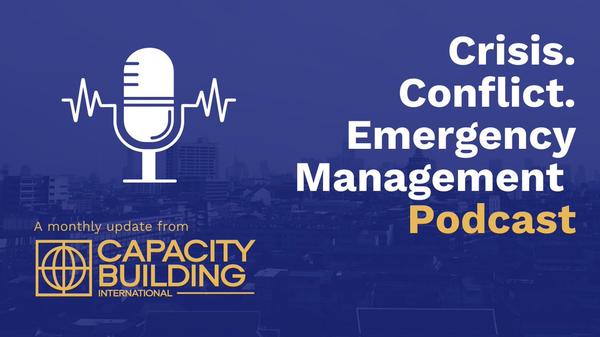During 2021, WHO/Europe piloted a new bottom-up approach, in collaboration with governments, to give communities a say in plans that affect their lives and to ensure they are involved in decision-making processes in preparedness for emergency situations.
The Civil Society Organization Initiative (CSO Initiative) engaged 11 CSOs in the WHO European Region during the pandemic, both to build trust and cooperation between vulnerable communities and health authorities, and to encourage take-up of COVID-19 vaccines and other preventive measures.
Commenting, Dr Dorit Nitzan, WHO/Europe’s Regional Emergency Director, said: “We have seen the importance of creating community-led initiatives, to include the voices of communities in policy-making and building inclusive governance. This is about more than just making connections; community structures, once built, can support lasting change”.
Thanks to the Initiative, around 2.4m affected and at-risk people were reached in 8 Member States, covering a broad spectrum of society, including women at risk from domestic violence, disabled children, religious leaders, older people, refugees and migrants, and Roma communities.
Empowering communities for emergency situations

Community engagement and empowerment needs to be seen as an investment in the readiness, response and resilience of local communities. Practical examples of this through the Initiative have included:
Talking about the need for the Initiative, Gerald Rockenschaub, WHO/Europe’s incoming Regional Emergency Director, said: “Managing the pandemic is all about people, it’s all about individuals. That’s why it’s very important to collectively explore new ways of engagement”.
CSOs as crucial partners for building community resilience
Experience has shown that gaining the trust and active support of communities is key to controlling outbreaks and epidemics, with communities much more likely to support epidemic response strategies when they have been involved in their co-creation. Moreover, empowered communities that are engaged in the emergency preparedness process become more resilient as a result.
The success of the CSO Initiative has highlighted the key role that such organizations play during emergency situations as:
The role of WHO/Europe in supporting civil society during emergencies
“WHO played a really critical role, not only by offering much needed financial support, but also through supporting our efforts with clear and trusted information and legitimacy,” commented Dr Daniel Roth, Director of the Israeli CSO Mosaica – Religion, Society and State.
With the CSO Initiative pilot phase coming to an end in December 2021, WHO/Europe has convened a regional network of CSOs, to establish a permanent dialogue with civil society and to facilitate the sharing of knowledge, best practice and skills for emergency preparedness and response.









